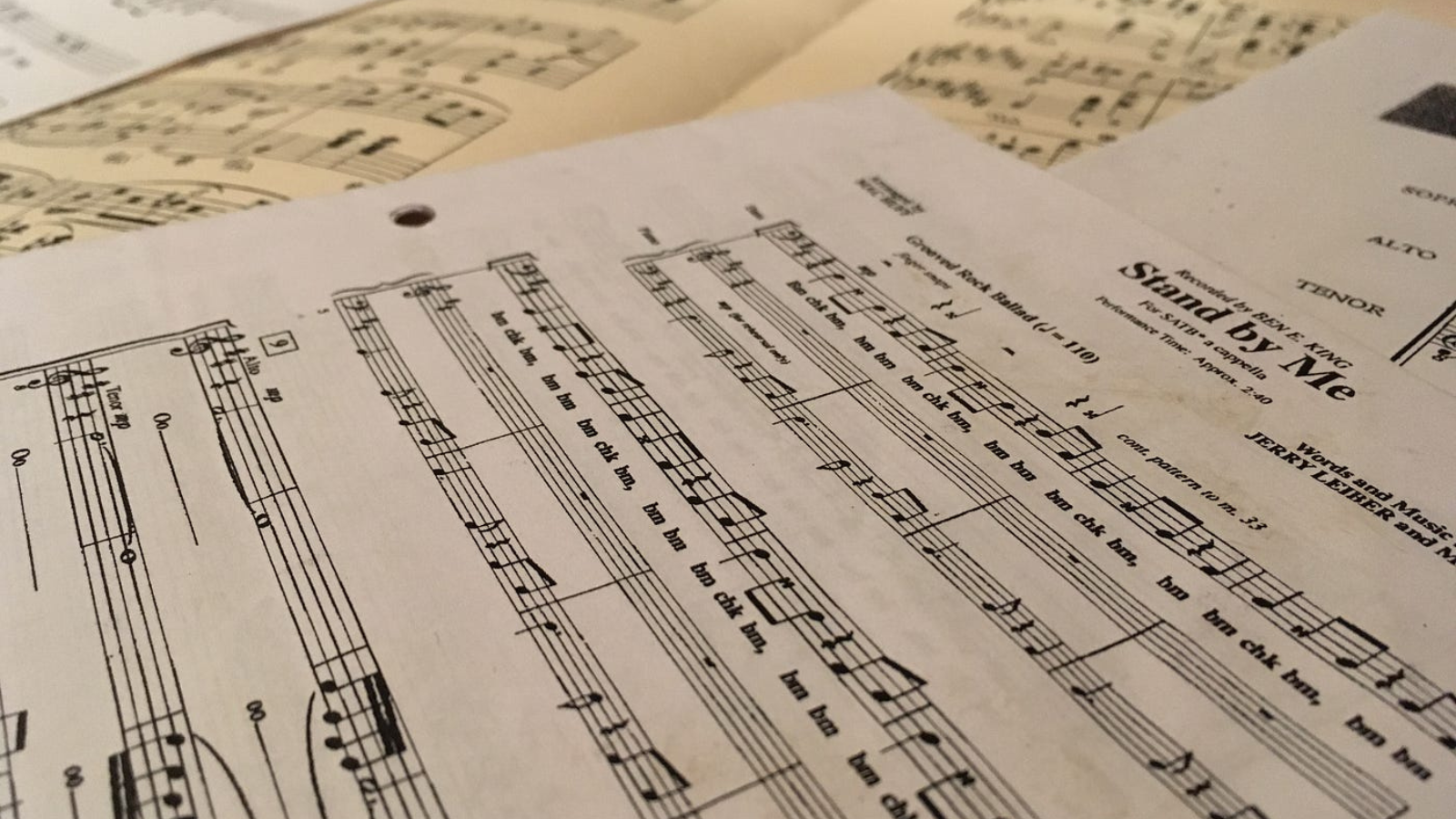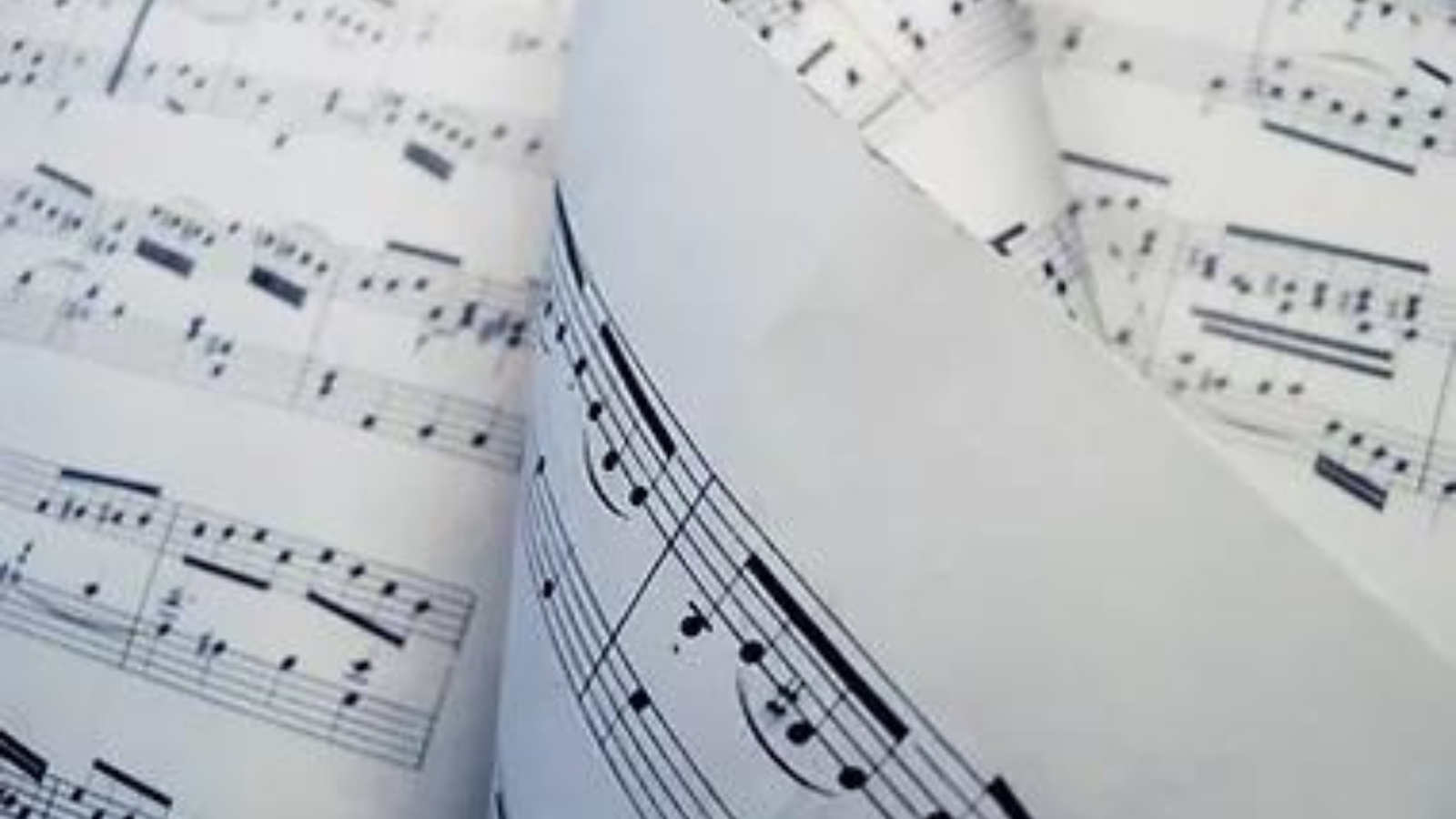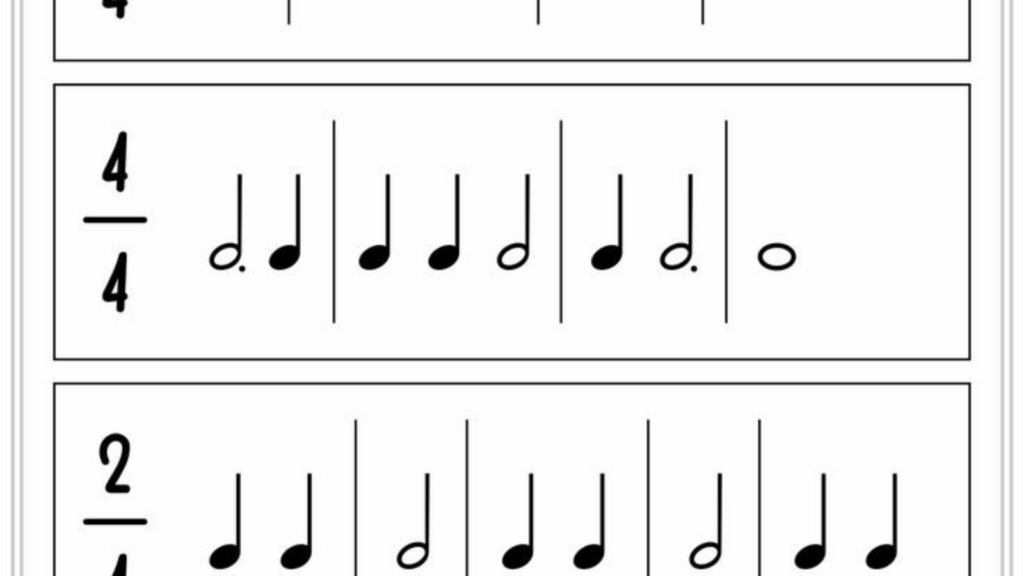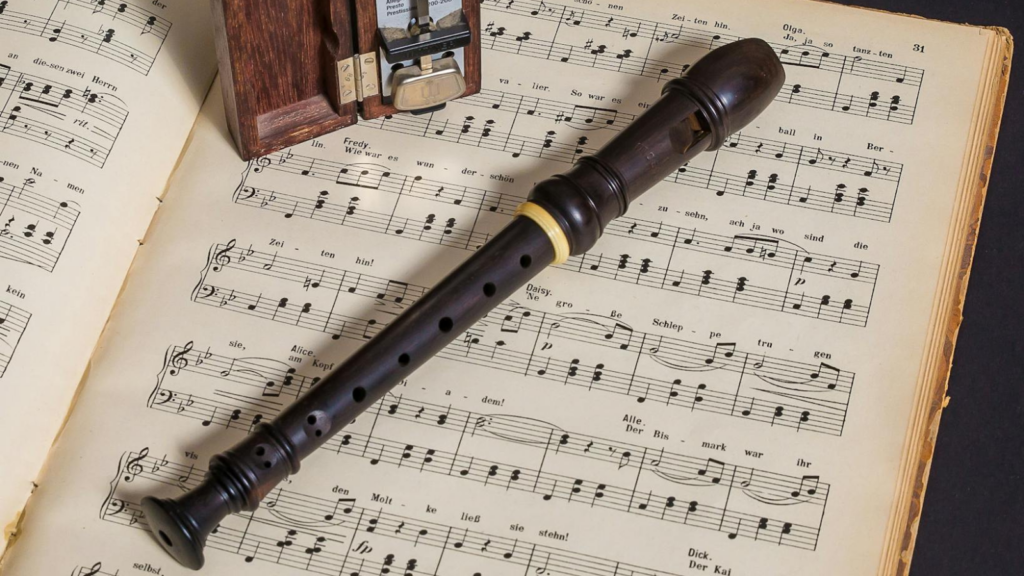Ever felt like you’re lost in a maze of sharps, flats, and clefs? You’re not alone. Music theory can be daunting, but it’s also the key to unlocking the world of music. This article is your compass, a handy cheat sheet that’ll make music theory a breeze.
Whether you’re a seasoned musician or just starting out, understanding music theory can elevate your musical prowess. But don’t worry, you won’t need a PhD in musicology. This cheat sheet will simplify the complex, making music theory accessible and enjoyable.
Music Theory Cheat Sheet
Moving forward, the article investigates the music theory cheat sheet, an instrumental tool for musicians. It simplifies harmonies, scales, and keys, significantly enhancing their comprehension of musical structure. For instance, at a glance, a pianist grasps chord progressions, amplifying his command over melodic structuring.
Delving into the Music Theory Cheat Sheet, it organizes four core concepts. Firstly, it breaks down musical notation, including staffs, clefs, and time signatures. Secondly, it simplifies scales and modes in context easily understood by musicians. Thirdly, it presents chord formation and progression for instrumentalists. Lastly, it provides an understanding of key signatures, enabling musicians to identify keys quickly. For instance, guitarists profit from this structure, accelerating their fingerboard navigation.
Practical Use of the Music Theory Cheat Sheet
Embracing the music theory cheat sheet boosts musicians’ interpretative abilities, elevating the performance and composition practices. The cheat sheet serves as a springboard for creativity by encouraging the exploration of new melodic concepts and harmonic relationships. Understanding the principles, instrumentalists can construct sounds that capture specific moods or emotions.
The Benefits and Limitations of Music Theory Cheat Sheets

Music Theory Cheat Sheets bestow numerous advantages to novice and seasoned musicians alike. These resources expedite the process of learning complex music concepts. For example, budding keyboardists grasp chord progressions faster, hence improving their playing technique. Similarly, bands accelerate their song composition speed, thereby boosting their productivity.
However, reliance on cheat sheets imposes constraints. Over-reliance may stifle creativity, resulting in compositions that lack originality. For instance, if songwriters consistently follow established chord patterns, their songs may come across as generic. Moreover, while cheat sheets simplify learning, they can’t replace comprehensive music theory knowledge. For instance, creating harmonically complex compositions necessitating an intricate understanding of modulations, a cheat sheet might not suffice.
Despite these limitations, it’s undeniable that these compact, user-friendly references serve as convenient learning aids. They offer value as preliminary steppingstones in the vast ocean of music theory, assisting musicians in their journey to create harmonious, emotive music. Remember, though, that they are just that – stepping stones. Utilizing these tools to their full potential demands striking a balance between reliance on cheat sheets and nurturing originality and comprehensive music theory skills.
How to get the Most Out of Your Music Theory Cheat Sheet

To exploit a music theory cheat sheet effectively, musicians ought to incorporate practice with learning. Rote memorization of scales or chords won’t induce understanding but applying them in real-time enhances comprehension. It’s beneficial to use the cheat sheet as a reference during practice sessions, as it provides a visual map of the links between notes, scales, and chords.
Musicians should stimulate their auditory skills by listening to diverse genres of music and trying to discern the underlying music theory elements. It consolidates their theoretical knowledge and cultivates the ability to convert written music into sound and vice versa. For example, a percussionist may utilize a cheat sheet to discern complex rhythmic patterns in jazz music and reproduce them during practice.
Must Know
So, it’s clear that a music theory cheat sheet is an indispensable tool for musicians, regardless of their skill level. It’s a shortcut to understanding the complex world of music theory, helping to decipher notes, scales, chords, and keys. It’s not just a reference point, but a guide that enhances interpretative abilities, performance, and composition practices.



